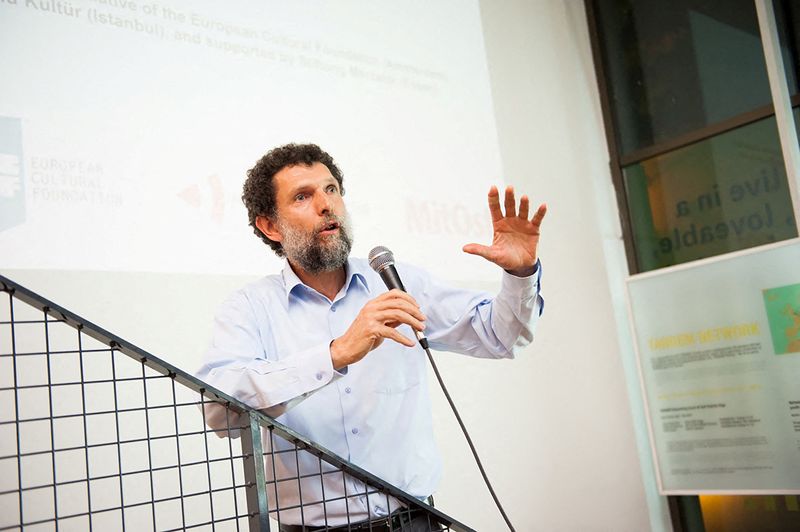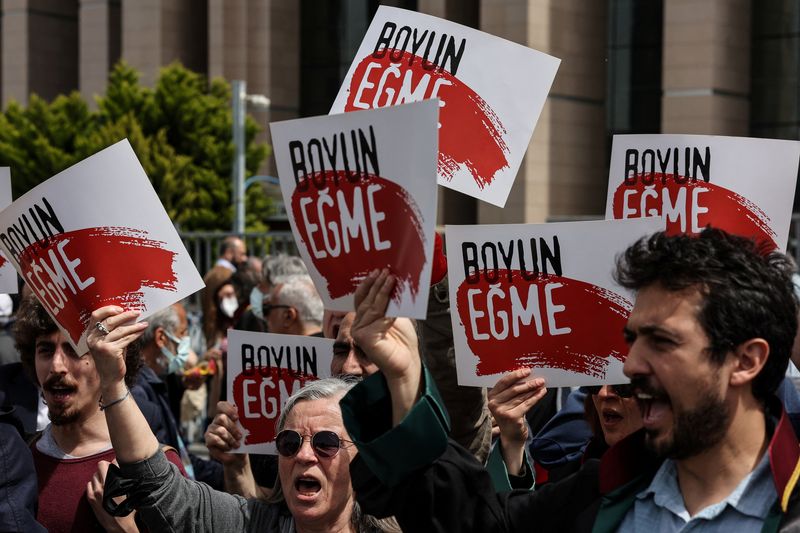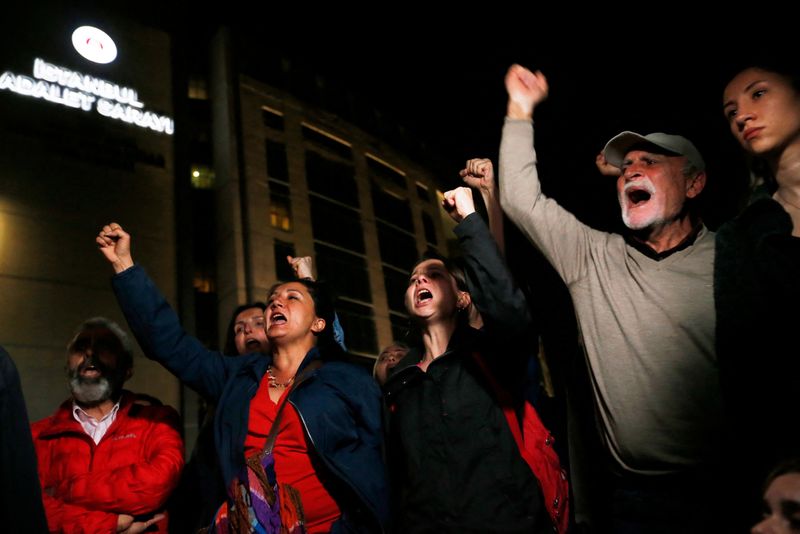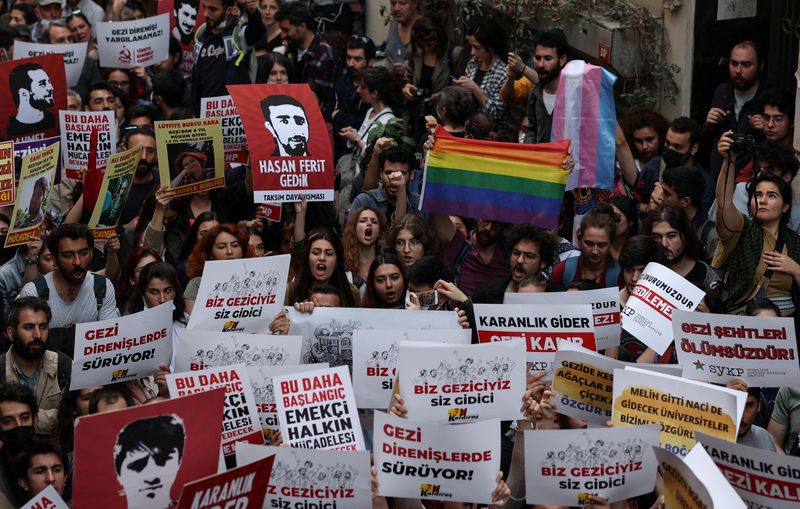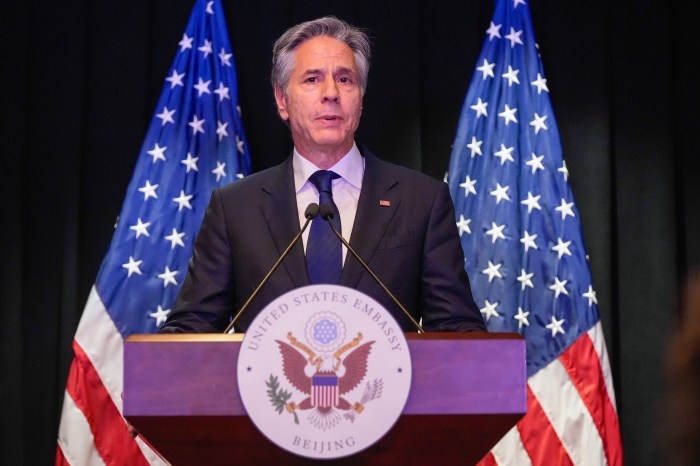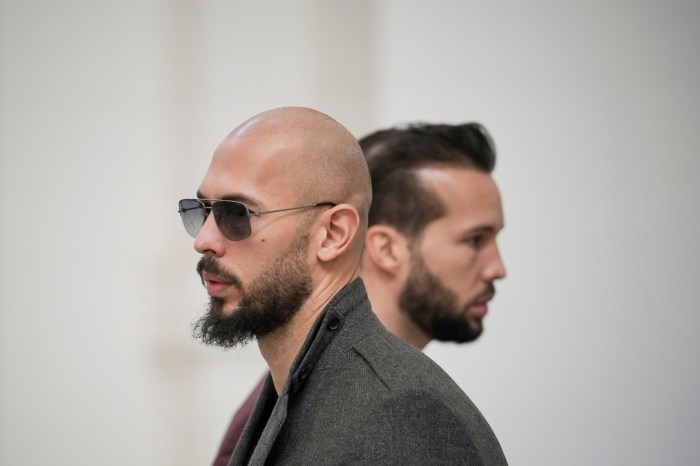ANKARA (Reuters) – Turkish philanthropist Osman Kavala, who was sentenced to life in prison for trying to overthrow the government by financing protests in 2013, said on Wednesday that the ruling violated legal standards and reflected political pressure on the court.
An Istanbul court sentenced Kavala last week, in a case that Europe’s top court and Western powers say is politically motivated.
The European Court of Human Rights (ECHR) and Ankara’s Western allies including Washington have called for an end to Kavala’s detention.
“The decision is arbitrary, and taken in violation of legal norms under political pressure,” Kavala said in a statement.
Countries including the United States, France and Germany see the ruling as an attempt by President Tayyip Erdogan’s government to silence opponents.
Foreign Minister Mevlut Cavusoglu told reporters on Tuesday that the West had focused on the sentence due to its funding for and “use” of the human rights activist.
“Ankara understands the reactions to the sentencing of Kavala. The person they have funded and used has gone to prison,” Cavusoglu said.
Speaking two days after the verdict, Erdogan called Kavala the George Soros of Turkey, referring to the U.S. billionaire philanthropist, and the coordinator of the 2013 Gezi protests.
Kavala denies being behind the protests and being funded by Soros. The protests began as small demonstrations in an Istanbul park and snowballed into nationwide anti-government unrest.
“There have been attempts to justify the court decision with statements claiming I am supported by Soros. It is a simple fact that I did not organise the Gezi protests,” Kavala said in his statement.
“It is futile to link Soros or any other external actor to the fact that hundreds of thousands of our fellow citizens took to the streets against antidemocratic practices with a sense of justice, demanding freedom,” he said.
“The Gezi trial unveiled the state of the judiciary, further exposing the great danger posed to fellow citizens by manipulation of the judiciary in such terms,” Kavala said.
(Reporting by Ece Toksabay; Editing by Hugh Lawson)

